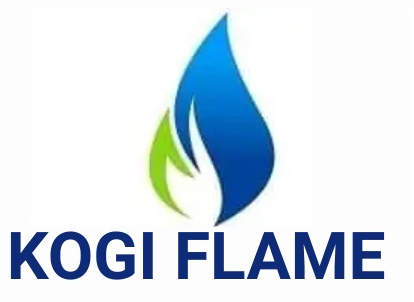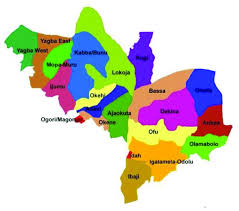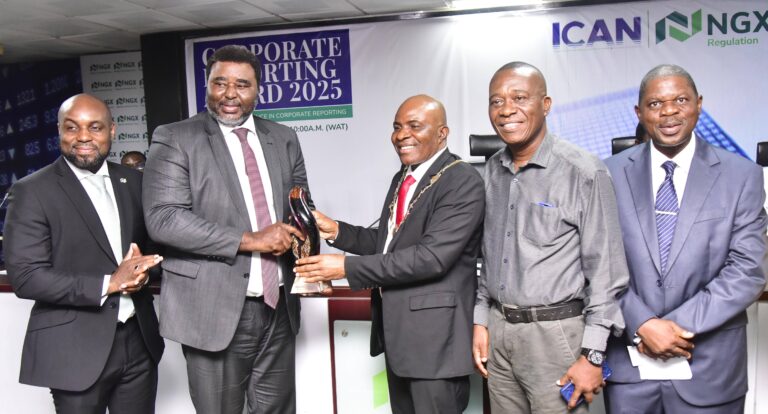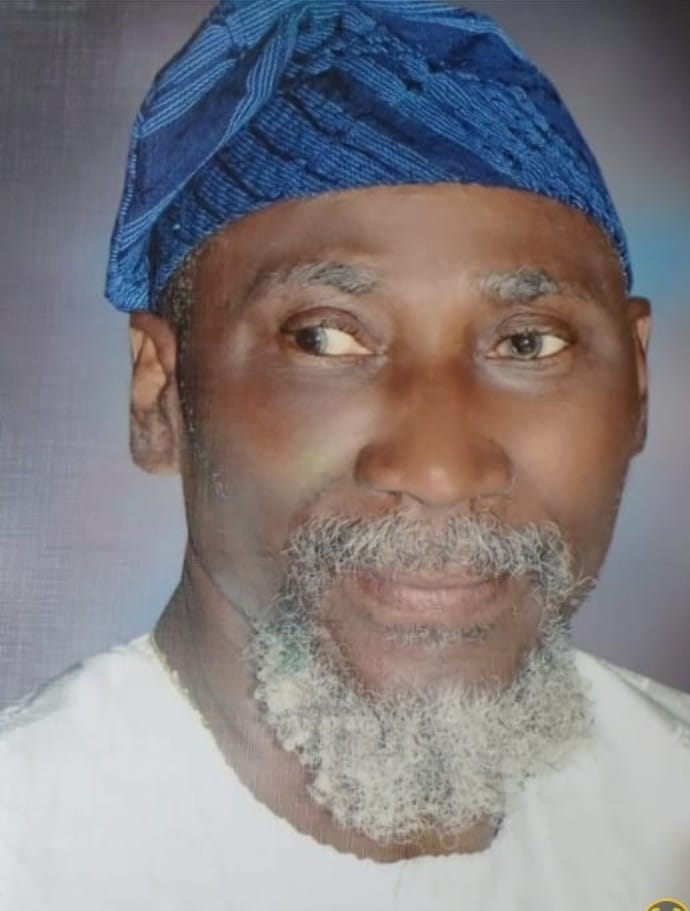BACKGROUND:
The 2nd annual Budget summit by the Conscience for Human Rights and Conflict resolution (CHRCR) in partnership with The Shehu Musa Yar’dua Foundation with the support from McArthur Foundation, is the second in the series of engagement with all relevant stakeholders on Kogi State Budget process. This provides the platform for discussions on the citizen’s inputs and needs into the 2020 budget of the state.
The budget is the most critical tool, outside the 1999 constitution, for providing development for the citizen. This document provides the direction and thinking of the government of the day towards the needs and wants of the citizens. This becomes critical for the state taking as there would be a new government come January 27th 2020 with conclusion of the November 16th 2019 governorship elections.
The Summit brings together the Media, Civil Society Organizations, Legislators and the Clerks of their Committees and the executive through the Ministries Departments and Agencies responsible for Budget development.
OBSERVATION
The summit observed the following:
• That the 2020 budget estimate is highly anticipated as it would show the direction and thinking of the newly elected government in Kogi State
• That the previous budgeting process has been clouded in secrecy with little or no citizen inputs before during and after budget preparation and implementation
• That the Kogi State House of Assembly has not performed its constitutional duties of providing the citizen the opportunity of making inputs into the budgeting process through conduct of public hearing on budget proposals
• That the Executive through its Budget development organ has failed to provide details of previous budget proposals as applicable at the Federal government level, through engagement of the media, civil society and other stakeholders after the reading of the budget by the Governor
• That issues that are important to the Citizens such as Health, Education, Agriculture and conduct of Local Government elections, have not been given the required attention in previous budgets, thus making the budgets less relevant to the people.
• Marginalized groups such as Persons with disabilities, women and children have not been carried along in the development of interventions/activities that go into state budget proposals
• The interrogation of the Budget proposals by the Media has not been as robust as it should be
• That there is very little information on the debt profile of the state and this has negative impact on the budget
• An over bloated overhead budget estimate with frivolous and unjustifiable expenses has consistently featured in the budgets and this has negatively impacting the Budget performance in kogi state
• There has been low awareness of the citizen on the budget process
RESOLUTION
After deliberations, discussions the following agreements were reached
• That the government needs to do more to open up the budgeting process by active engagement of the citizen and groups.
• That the Kogi State House of Assembly must improve on its constitutional oversight functions and make public its findings. it must also enshrine the conduct of public hearing on Appropriation Bills
• That there was the urgent need for the Ministry of Budget and Planning and the Ministry of Finance to always provide detailed breakdown of Budget estimates to the public to guide discussions during the Budget passage/implementation process
• Development issues such as Health, Agriculture, Education, Housing, transportation and Industrialization must be priorities in the 2020 Budget estimates as a new government takes off in January 2020
• That the Media must improve on its engagement of the Budget process by doing more investigative journalism on issues around the Budget and its implementation processes which must include Cash Backing.
• The Medium Term Expenditure Framework (MTEF) and the Medium Term Sector Strategy (MTSS) documents must be made public always as they provide crucial information on the budget such as debt profile, exchange rates, and other assumptions
• There is need for the reduction in recurrent expenditure in the 2020 budget to allow for improvement in capital spending
• The government and Civil Society must improve on the awareness creation and mobilization of the citizenry for effective engagement of the Budget and its implementation process.
________________________
IDRIS MILIKI ABDUL
EXECUTIVE DIRECTOR
CHRCR




